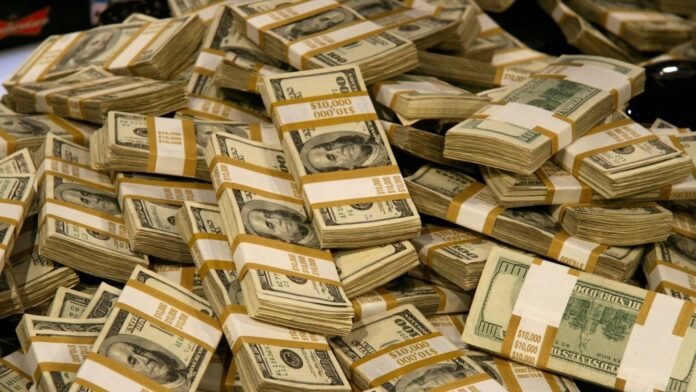Iraq’s foreign currency reserves serve as a key shield against economic fluctuations, according to the Prime Minister’s financial advisor, Mudher Mohammed Saleh. He confirmed that the country’s reserves stand at approximately $110 billion, providing stability and security.
Saleh explained that Iraq’s strong reserves support both local and foreign investments. The country maintains a stable foreign currency portfolio, which includes gold, US dollars, and other foreign currencies. This financial strength ensures a reliable economic foundation.
He emphasized that these reserves play a vital role in strengthening overall economic stability. By providing a buffer against global financial shocks, they help Iraq withstand sudden market fluctuations. Additionally, they offer strong backing for monetary policies, trade balances, and upcoming international debt payments.
The financial advisor also highlighted Iraq’s current account surplus, which contributes to stabilizing the Iraqi dinar. Since Iraq’s economy heavily depends on oil exports, fluctuations in global oil prices can create uncertainty. However, the strong reserves help reduce the impact of these shifts.
As the world’s fifth-largest oil producer, Iraq benefits from steady financial inflows. These revenues allow the country to replenish its reserves efficiently. This process helps maintain liquidity, ensuring the government can respond swiftly to economic challenges.
Saleh concluded by stating that Iraq’s strong reserves create a stable environment for investors. With financial security in place, investment projects can accelerate, fostering economic growth and long-term development.


